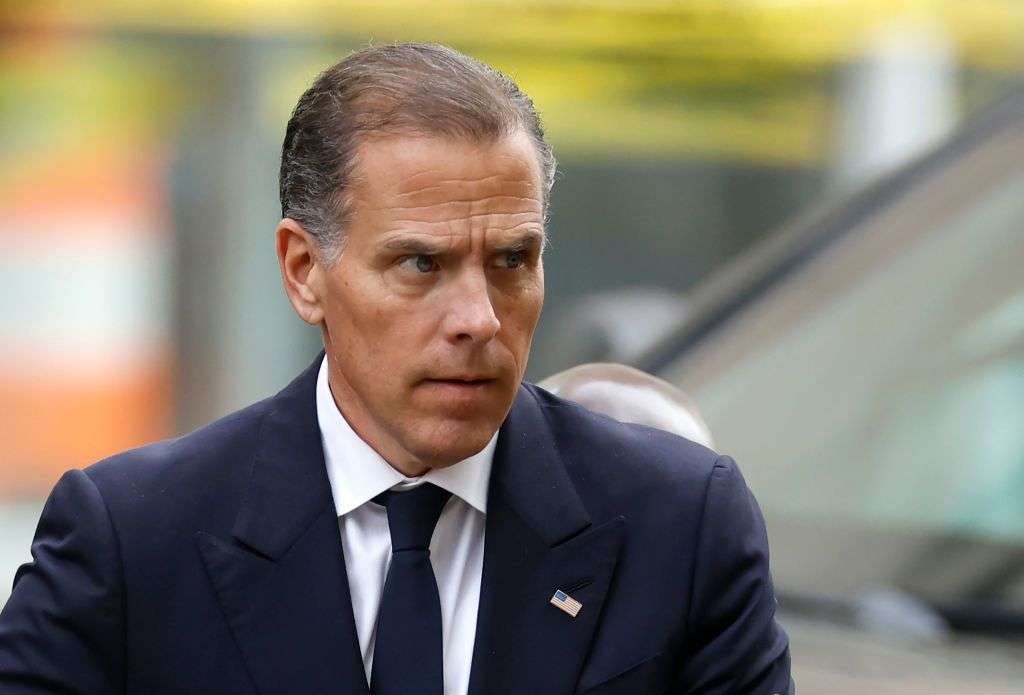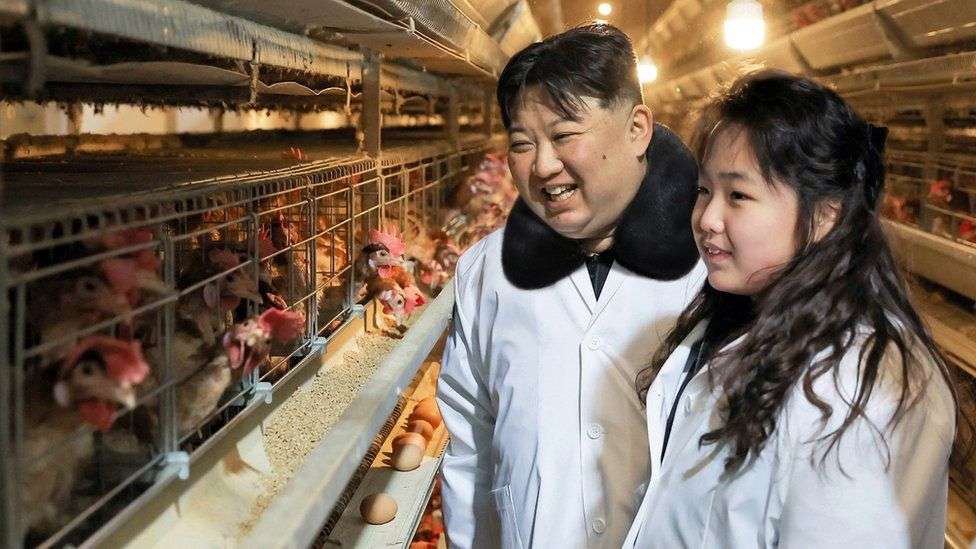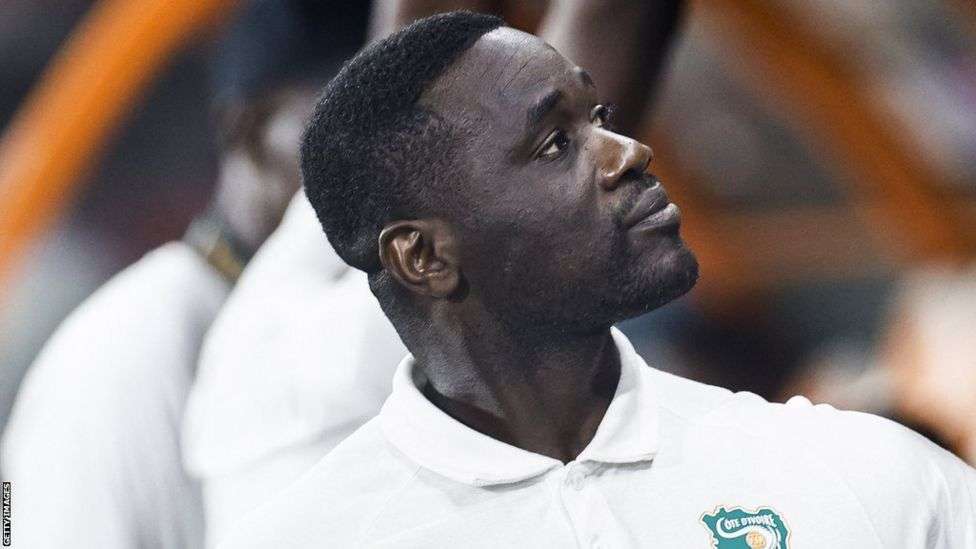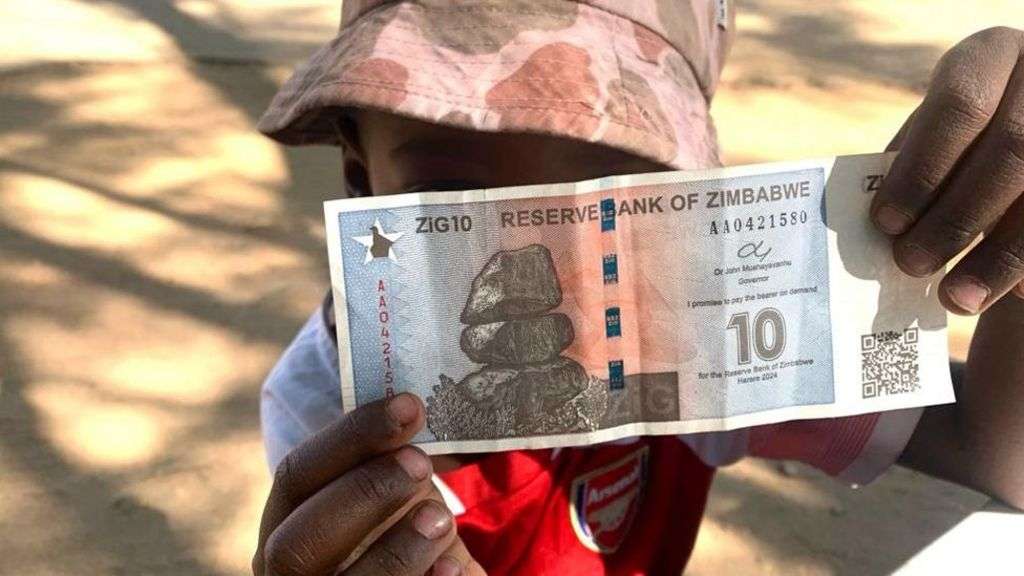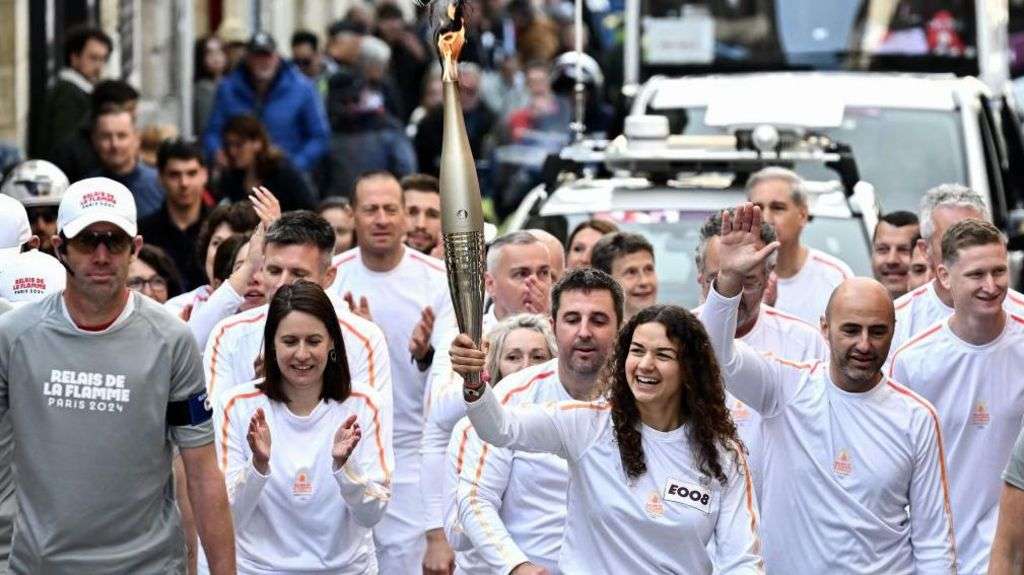Hunter Biden returns to court on Monday as the first criminal trial of a sitting US president's son nears its end.
Prosecutors rested their case on Friday, accusing Mr Biden of lying when he swore that he was not a drug user on a federal form to purchase a gun in October 2018.
His defence team has been attempting to counter the narrative that Mr Biden was in the throes of a drug addiction at the time and knowingly lied on the form.
It remains unclear whether Mr Biden himself will take the stand.
The 54-year-old is accused of lying on a form about his drug use when he purchased the gun and ammunition on 12 October 2018 in Wilmington, Delaware. He could face up to 25 years in prison if convicted.
Mr Biden has pleaded not guilty to three charges related to his possession of a firearm while allegedly using narcotics.
His defence team says he was in recovery at the time, so was truthful when he indicated on the paperwork that he was not a drug user.
The start of proceedings on Monday was expected to focus on a legal technicality. Mr Biden's lawyers want jurors to be told during jury instruction that he filled out the form "in good faith". The prosecution disagrees.
The discrepancy is linked to the question of whether Mr Biden "knowingly" lied on the form.
Last week, prosecutors used Mr Biden's own words from his memoir to argue that he knowingly misled the gun shop when declaring that he was not a drug addict.
Prosecutors played excerpts from an audiobook version in which Mr Biden talks about being addicted to crack cocaine for four years, a period which overlapped with his gun purchase.
The court also heard from Mr Biden's ex-romantic partners, including Hallie Biden. Hallie - Mr Biden's brother's widow - testified she found "remnants" of crack cocaine in Mr Biden's car in which she also found the gun.
However, during cross-examination, Ms Biden confirmed she had not seen him using drugs around the time of his gun purchase.
Throughout the trial, the defence has attempted to cast doubt on the memories of the prosecution’s witnesses, challenging them about their memories of events.


